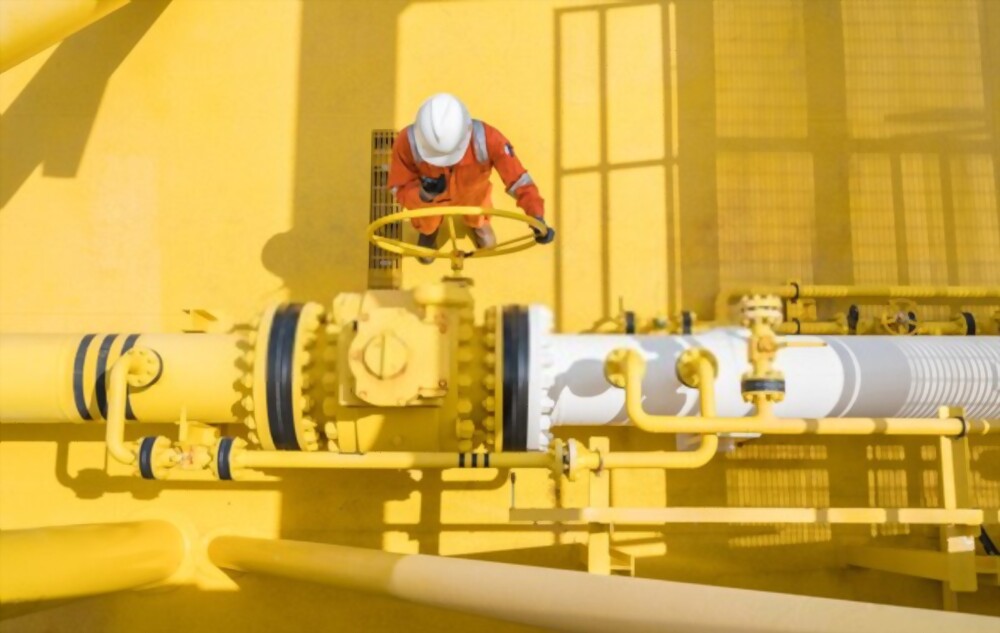In industrial settings, gas controllers play an essential role in maintaining a safe and efficient working environment. A gas controller is a device used to regulate the flow of gases in various industrial processes. They help to control gas flow rates, pressure, and temperature to ensure that industrial processes run smoothly and without any issues. In this blog post, we will discuss the importance of gas controllers in industrial settings and how they can help solve problems.
What is a Gas Controller?
A gas controller is a device used to regulate the flow of gases in industrial settings. They are designed to maintain a safe and efficient working environment by controlling the flow rate, pressure, and temperature of gases used in various industrial processes. Gas controllers are used in a wide range of industrial settings, including chemical plants, refineries, and manufacturing facilities.
Why are Gas Controllers Important?
Gas controllers are essential in industrial settings for several reasons:
- Safety: Gas controllers help to maintain a safe working environment by regulating the flow rate, pressure, and temperature of gases. They can detect leaks and prevent hazardous situations from occurring.
- Efficiency: Gas controllers help improve industrial processes’ efficiency by ensuring that the correct amount of gas is supplied to each process. This can help to reduce waste, improve product quality, and increase productivity.
- Cost Savings: By controlling the flow rate of gases, gas controllers can help to reduce gas consumption and save money on energy costs. They can also help to prevent equipment damage and reduce maintenance costs.
- Compliance: Gas controllers can help industrial facilities comply with safety and environmental regulations by ensuring that gases are used safely and efficiently.
Types of Gas Controllers
There are several types of gas controllers used in industrial settings, including:
- Mass Flow Controllers: Mass flow controllers are used to regulate the flow rate of gases based on mass flow rate. They are commonly used in applications where accurate flow control is essential, such as in semiconductor manufacturing and research laboratories.
- Pressure Controllers: Pressure controllers regulate the pressure of gases in a system. They are commonly used in applications requiring consistent pressure control, such as gas chromatography and gas analysis.
- Temperature Controllers: Temperature controllers regulate the temperature of gases in a system. They are commonly used in applications where temperature control is essential, such as in chemical reactions and heat treatment processes.
Benefits of Gas Controllers
Gas controllers offer several benefits in industrial settings, including:
- Improved Safety: Gas controllers help to maintain a safe working environment by regulating the flow rate, pressure, and temperature of gases. They can detect leaks and prevent hazardous situations from occurring.
- Increased Efficiency: Gas controllers help improve industrial processes’ efficiency by ensuring that the correct amount of gas is supplied to each process. This can help to reduce waste, improve product quality, and increase productivity.
- Cost Savings: By controlling the flow rate of gases, gas controllers can help to reduce gas consumption and save money on energy costs. They can also help to prevent equipment damage and reduce maintenance costs.
- Compliance: Gas controllers can help industrial facilities comply with safety and environmental regulations by ensuring that gases are used safely and efficiently.
Tips for Choosing the Right Gas Controller
When choosing a gas controller, it is important to consider the following factors:
- Type of Gas: Different gas controllers are designed for specific gases, so it is important to choose a controller that is compatible with the gas being used in the process.
- Flow Range: Gas controllers have different flow rate ranges, so it is important to choose a controller that can accommodate the required flow rate.
- Accuracy: The accuracy of a gas controller is an important factor to consider, especially in applications where precise flow control is required.
- Response Time: The response time of a gas controller is important in applications where fast changes in gas flow rate are required. It is important to choose a controller with a fast response time to ensure that the process runs smoothly.
- Environmental Factors: Environmental factors such as temperature, pressure, and humidity can affect the performance of gas controllers. It is important to choose a controller that is designed to operate in the specific environmental conditions of the application.
Conclusion
Gas controllers are essential devices in industrial settings, providing accurate and reliable control of gas flow rates, pressure, and temperature. They play a critical role in maintaining a safe and efficient working environment, improving process efficiency, and reducing energy costs. By choosing the right gas controller for your specific application, you can ensure that your industrial processes run smoothly and without any issues. When selecting a gas controller, consider the type of gas being used, flow range, accuracy, response time, and environmental factors to ensure that you choose the right controller for your needs. With the right gas controller in place, you can optimize your industrial processes and achieve your production goals safely and efficiently.

